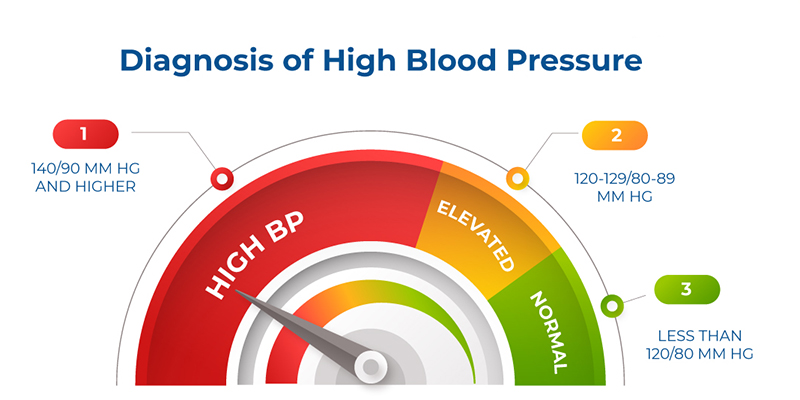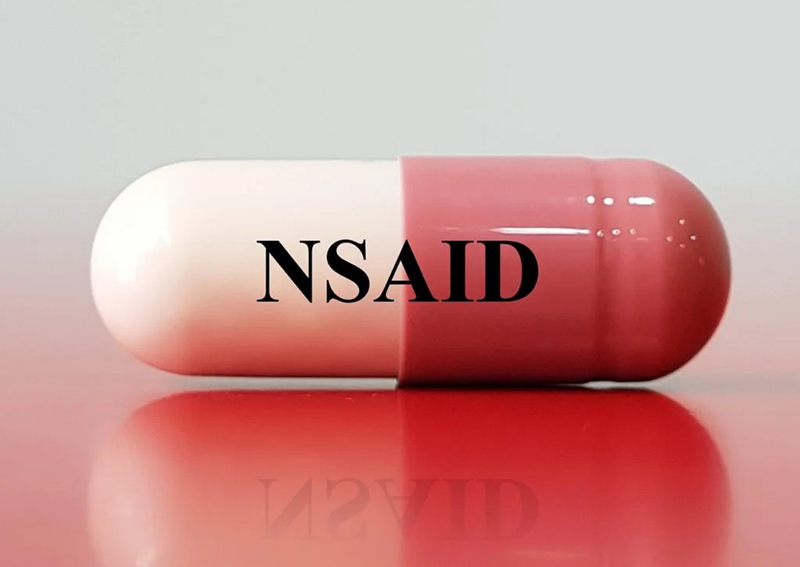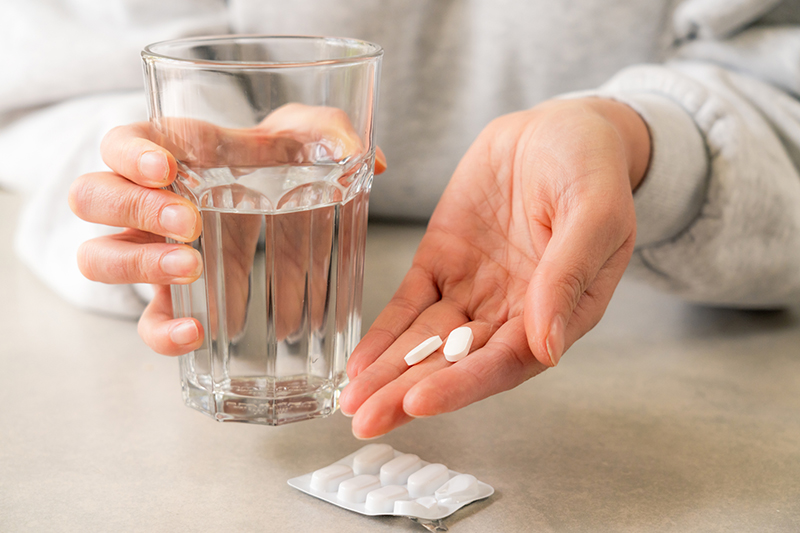
Managing high blood pressure, or hypertension, is crucial for maintaining overall health. Many people with hypertension often find themselves questioning the safety of taking cold medications. Here’s a closer look at this concern.
How Much Do You Know About Blood Pressure?
Blood pressure is the force exerted by circulating blood against the walls of blood vessels. It is expressed in two numbers: systolic pressure (the force when the heart beats) over diastolic pressure (the force when the heart is at rest). Normal blood pressure is typically around 120/80 mm Hg. Hypertension occurs when blood pressure readings consistently exceed 130/80 mm Hg.
High blood pressure can lead to serious health problems, including heart disease, stroke, and kidney damage. Therefore, individuals with hypertension need to monitor their blood pressure closely, particularly when taking medications. Certain cold medications can exacerbate high blood pressure, making it vital to understand which ones to avoid.

Cold Medicine to Avoid With Hypertension
Many over-the-counter (OTC) cold medications contain ingredients that can raise blood pressure. Common culprits include:
1. Decongestants: Medications like pseudoephedrine (Sudafed) and phenylephrine are frequently found in cold and allergy medications. These ingredients work by constricting blood vessels to reduce nasal congestion but can significantly increase blood pressure.
2. Combination Products: Many cold remedies combine pain relievers, antihistamines, and decongestants. While they may be effective for treating multiple symptoms, they often contain decongestants that can be harmful to those with hypertension.
3. Nonsteroidal Anti-Inflammatory Drugs (NSAIDs): Some cold medications may contain NSAIDs like ibuprofen or naproxen, which can potentially raise blood pressure, especially in individuals who take them frequently.

Finding Safe and Effective Cold Medicine
For individuals with high blood pressure, it’s essential to choose cold medications carefully. Here are some tips for finding safe options:
1. Read Labels Carefully: Always check the active ingredients in cold medications. Look for those labeled as "hypertension-safe" or "safe for people with high blood pressure."
2. Consult a Healthcare Professional: Before starting any new medication, especially if you have high blood pressure, it’s best to consult with a doctor or pharmacist. They can recommend alternatives that are safer for your condition.
3. Consider Non-Medication Remedies: In some cases, non-drug approaches like saline nasal sprays, steam inhalation, or hot tea with honey can alleviate cold symptoms without the risks associated with certain medications.

What Cold Medications Are Safe to Take With High Blood Pressure?
While some cold medicines should be avoided, there are safer alternatives available:
1. Acetaminophen: Often recommended for pain relief and fever reduction, acetaminophen (Tylenol) is generally considered safe for those with hypertension.
2. Cough Suppressants: Dextromethorphan, found in many cough syrups, is usually safe for individuals with high blood pressure. However, always verify the product does not contain any decongestants.
3. Antihistamines: Non-sedating antihistamines like loratadine (Claritin) or cetirizine (Zyrtec) may be safer choices for allergy symptoms without significantly affecting blood pressure.
4. Saline Nasal Sprays: These can help relieve nasal congestion without the risks associated with decongestants.

To conclude, individuals with high blood pressure should be proactive in selecting cold medications to ensure their safety and well-being. Awareness of the ingredients and their effects is crucial, as is seeking guidance from healthcare professionals when needed. By opting for suitable alternatives and non-medication remedies, you can effectively address cold symptoms without compromising your blood pressure management. Making informed choices empowers you to stay healthy and enjoy a smoother recovery during cold and flu season.
Subscribe means that you have read and agree to the Privacy Policy.
Subscribe means that you have read and agree to the Privacy Policy.
Copyright © Shenzhen Pango Medical Electronics Co.,Ltd, Ltd. All Rights Reserved.